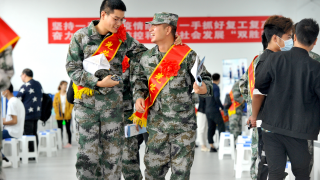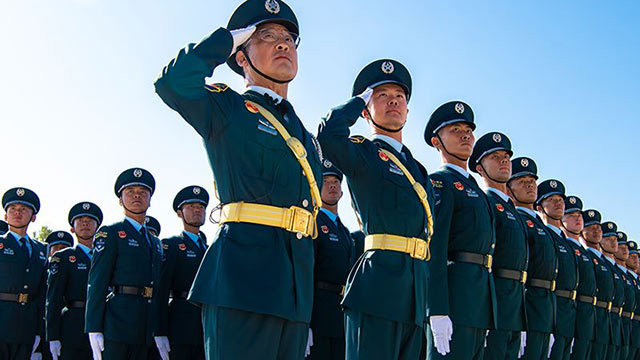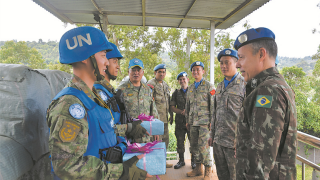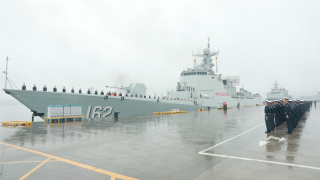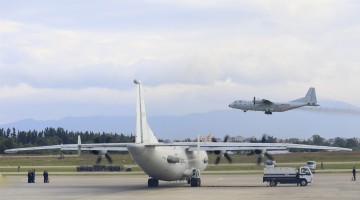PANAMA CITY, Jan. 28 (Xinhua) -- It's poignant for Trinidad Ayola to recall the day when she claimed from the hospital the body of her husband, whose life was taken during the 1989 U.S. invasion of Panama.
Trauma still lingers for Panamanians like Ayola whose families died during the invasion, though the National Mourning Day, which was established last March and falls on Dec. 20 each year, offered a welcome occasion to mourn the loss of hundreds of lives.
"It seems the stars have aligned," said Ayola, who took part in a years-long campaign to make the national tragedy officially recognized.
Ayola's husband was a lieutenant in the Panamanian Air Force. "I could prepare a proper funeral for him, but there were at least 30 families that continued to search for the remains of loved ones who disappeared in the military operation," said Ayola.
Casualty numbers vary. The UN estimated around 500 civilian deaths in the month-long battle ending late January 1990, whereas some other organizations said the figure could be 1,000 to 3,000 in total.
"It was not necessary to kill so many people and launch an invasion to defend what they called democracy," said Ayola.
Ayola suffered from anxiety and insomnia for the following seven years, and her young daughter experienced emotional stress and trauma.
Panamanians agree that force was disproportionately used to humiliate the small country. The U.S. invasion destroyed homes and businesses, and plunged many into poverty in its wake.
The invasion, dubbed "Operation Just Cause" by the United States, was only aimed at protecting American interests, said Ayola.
That still rings true today, she continued, with Washington "blockading other nations to subdue them, inflicting hunger, lack of health care and misery on them."

